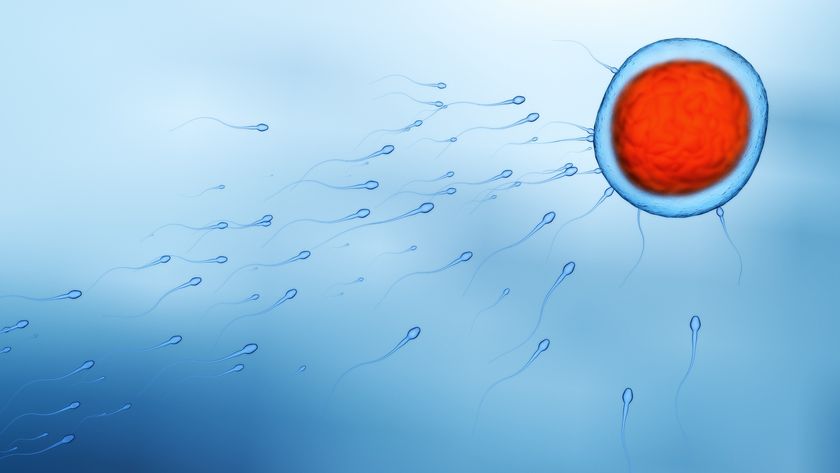Like Sex? Thank a Parasite
It's long been a mystery why sex become so hot back when life evolved beyond simple creatures that reproduced asexually by simply dividing in two.
Asexual creatures do not even need to find a partner. While that might not sound like much fun, it certainly is efficient, working out to twice the reproductive capacity for a given number of organisms. So why did pond scum eventually evolve to procreate as we know and love it?
It might have all been a reaction to parasites, one theory holds.
See, the bad thing about reproduction sans sex is you make clones, and clones, and more clones. Every organism has the same DNA, other than mutations that occur over time. If a parasite figures out how to exploit a vulnerability, the entire species can be doomed.
But with good ol' sex comes unique combinations of DNA and genetically unique individuals. A parasite may kill many, but it's likely that some organisms won't be vulnerable and the species will live on.
All this has been modeled before. But the true test for any theory is what actually happens in nature.
So for 10 years, scientists studied Potamopyrgus antipodarum, a New Zealand freshwater snail that comes in a sexual and an asexual version. They counted the snails and the number of parasite infections for each variety.
Sign up for the Live Science daily newsletter now
Get the world’s most fascinating discoveries delivered straight to your inbox.
Clones that were plentiful at the beginning of the study became more susceptible to parasites over time. As parasite infections increased, the once plentiful clones dwindled dramatically in number, the scientists write in the July issue of the journal American Naturalist. Some clonal types disappeared entirely.
Meanwhile, sexual snail populations remained more stable over time. This, the authors say, is exactly the pattern predicted by the parasite hypothesis.
"The rise and fall of these female-only lineages was surprisingly fast and consistent with the prediction of the parasite hypothesis for sex," said study team member Jukka Jokela of the Swiss Federal Institute of Aquatic Science and Technology. "These results suggest that sexual reproduction provides an evolutionary advantage in parasite rich environments."
The results add to those of a study on yeast in 2005 found that a sexually reproducing strain did better at procreation than the asexual strain when they were all deprived of food.












